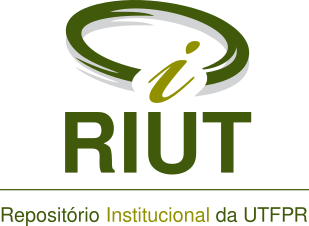Solid waste recycling behaviour: a case study from Gauteng, South Africa
Resumo
This study employed a mixed-methods research design, utilising a questionnaire survey. Quantitative data were analysed using descriptive and inferential statistics, while qualitative data were examined through thematic analysis. The results revealed a notable discrepancy between respondents’ positive attitudes toward recycling and their actual practices. Despite high levels of agreement regarding the benefits of recycling, only 10.1% of respondents could be classified as committed recyclers. The primary barriers to participation identified were lack of time (32.1%) and insufficient space (25.8%). Respondents proposed various strategies to enhance recycling participation, with the majority (64.6%) emphasising the need for increased education and knowledge regarding recycling. A factor analysis conducted to explore the underlying knowledge dimensions of the perceived benefits of recycling yielded two components. Furthermore, multivariate analysis revealed that three socio-demographic variables—age, employment status, and education level—had a statistically significant influence on recycling participation. This studies provides a better understanding of recycling practices in South Africa and how participation can be increased.
Palavras-chave
Texto completo:
PDF (English)DOI: 10.3895/rts.v21n66.20859
Apontamentos
- Não há apontamentos.
Direitos autorais 2025 CC-BY

Esta obra está licenciada sob uma licença Creative Commons Atribuição 4.0 Internacional.





